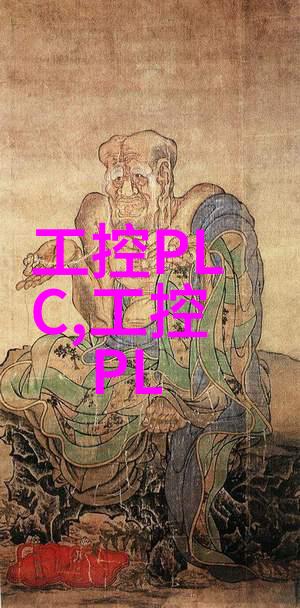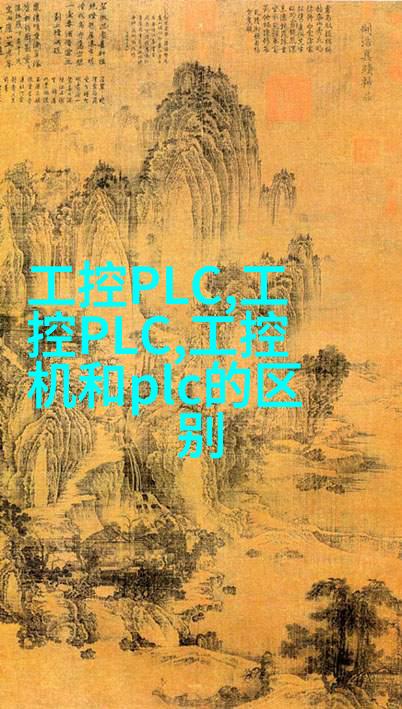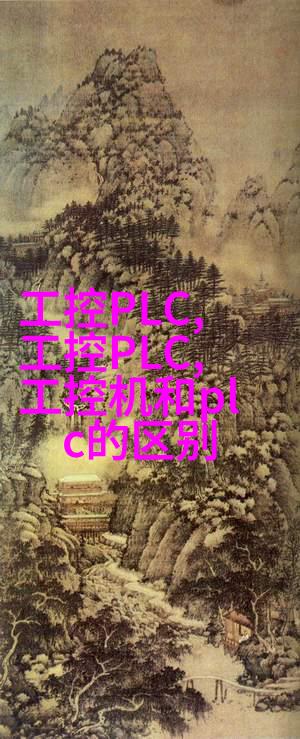在中国传统文化中茶花象征着什么价值观和情感
茶花,是指那些在泡制茶叶时随水一起沸腾而开放的花朵。它们通常是白色的,带有淡淡的香气,被认为是一种特别的礼物,因为它们不仅美丽,而且还能使人心情愉悦。在中国,它们代表了许多深刻的意义。

首先,茶花象征着纯洁无瑕。在古代文学作品中,清澈透明的水被用来比喻人的内心世界。因此,当一朵茶花从杯中的热水中冒出时,它就像是内心世界的一束光芒,将污垢与杂念洗净,让人们的心灵变得更加纯净。
其次,茶花代表着简约自然。它没有华丽夺目的外表,却以其朴实无华之姿吸引人。这反映了儒家思想中的“知足常乐”,即珍惜身边的小确幸,不追求过多的人生目标,而是享受生活本身。

再者,tea flowers symbolize the beauty of impermanence. They are delicate and ephemeral, blooming for a brief moment before wilting away. This fleeting nature reminds us to cherish each moment, as it is unique and cannot be repeated.
此外,在中国文化中,还有一个词汇叫做“梅兰竹菊”,这四个字分别代表梅、兰、竹和菊,这些都是传统上与诗歌、书法等艺术形式紧密相关的植物。但是,如果我们将“梅”替换为“茶”,那么我们就得到了一组新的象征——“梅兰竹菊”的变体。这意味着虽然原来的四种植物都很重要,但如果要选择其中最能代表春天或其他季节的话,那么可能会选择最显眼或最容易欣赏到的那一种,即tea flowers。

最后,我们不能忽视的是tea flowers also represent the power of nature. They remind us that even in our controlled environments, there are still forces beyond our control that can bring beauty and wonder into our lives.
In conclusion, tea flowers hold a special place in Chinese culture and symbolism. They represent purity, simplicity, the beauty of impermanence, artistry and the power of nature. Whether they are enjoyed on their own or as part of a larger artistic composition like "Mei Lan Zhu Ju," they offer us many lessons about how to live more fully and appreciate the world around us.

It's worth noting that while we have been discussing tea flowers primarily in terms of their symbolic meaning within Chinese culture, they also have practical uses - such as being used to flavor certain types of tea - but these uses will not be explored here.
As we continue to explore the significance of tea flowers within Chinese culture and society, it becomes clear that these delicate blossoms hold much more than just aesthetic value; they carry with them deep-rooted meanings which resonate deeply with people across generations.




